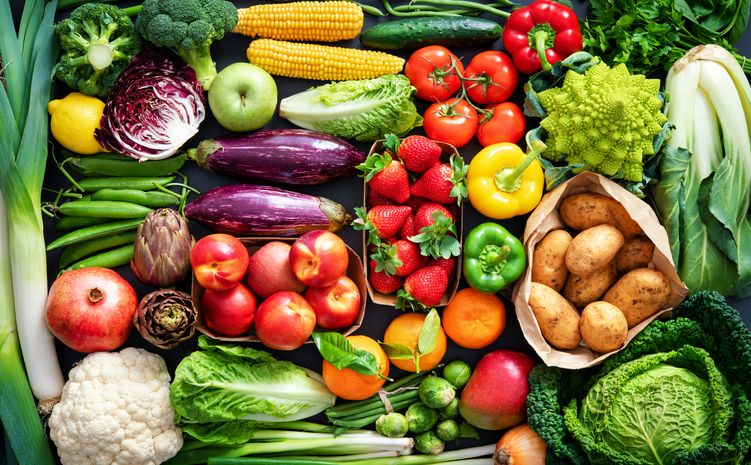Covid-19, a war in Ukraine and climate change are contributing to a global food crisis. Here in the UK, consumers face escalating prices and the rationing of fruit and vegetables. In Africa, Asia and Latin America climate change fuelled extreme weather events have caused crop and livestock devastation.
The domestic supply shortages have been exacerbated by the UK’s lack of food self-sufficiency. Tesco, Sainsbury’s, Asda, Morrisons and Aldi control 75.2% of UK food retail. This narrow power has driven down the price of food forcing many UK producers out of business. Sainsbury’s, for example, recently revealed it will launch discounted £2 fruit and vegetable boxes – loss making for many domestic producers.
The cost of food production is intrinsically linked to energy costs. Electricity prices rose by 54.0% and gas prices by 95.7% in the 12 months to August 2022.
These inflated energy prices meant farmers were unable to afford to heat their greenhouses over winter, resulting in a reduced yield of vegetables such as tomatoes.
If we want UK farmers to stay in business and grow high quality produce, consumers must pay more. Yet many retailers are understandably reluctant to raise prices due to the cost-of-living crisis.
With limited home-grown supplies, and trade deals scarred by Brexit, the UK is exposed to external shocks such as supply chain issues or extreme weather events.
On a global level there are far more worrying concerns about food supply. Human-induced climate change has increased the number of extreme weather events including monsoons, floods and droughts. Action Against Hunger predicts that by 2050, the risk of hunger and malnutrition could rise by 20% if we fail to reduce and prevent the adverse effects of climate change.
In short, our food system is not fit for purpose – with three major flaws: food consumption inequality, the nutrition gap and the contribution of food systems to climate change.
What does this mean for investors?
It’s clear our current global food system is unsustainable for both producers and consumers, but with that comes potential opportunities.
Investors can capitalise on the structural shifts the industry forecasts for this sector – higher yields and efficiency, dietary changes, and reduced waste and emissions, and more importantly, their capital can help contribute to solving the inefficiencies and immorality of the current system.
Here are two funds that aide the transition towards the sustainable provision of food.
Pictet Nutrition
The Pictet Nutrition fund mainly invests in the US, with the rest invested across Europe, the UK and parts of Asia, including higher-risk emerging markets.
Co-managers Mayssa Al Midani and Alex Howson invest in companies that innovate to improve productivity in farming, increase efficiency in food transportation and processing, and maximise the nutritional content of the food we eat. The fund invests in companies of all sizes, including higher-risk smaller ones.
The Nutrition fund aims to benefit from solutions, not problems – it doesn’t invest in commodities or speculate on shortages in food. Instead, they focus on companies helping to secure the world’s future food supply.
Barings Global Agriculture
Barings Global Agriculture aims to grow investors’ money by investing across the globe and the agricultural value chain –from harvesting crops to having the food delivered to our tables. Around half the fund invests in the US, with the rest spread across Europe, Asia, and some higher risk emerging markets.
James Govan, Clive Burstow and Piers Aldred are all named co-managers on the fund and have more than 50 years of combined industry experience.
The team are looking for solutions that will capitalise on a rising global population, which they believe should lead to structurally increasing demand for grains and edible oils. The global middle class is forecast to double in size between 2015 and 2030 and they believe this will likely lead to a change in diets to consume more meat, fish and dairy, which is grain intensive to produce.
Barings and Pictet Group are members of the UK-based Fairr initiative, an investor network raises awareness of the ESG risks and opportunities brought about by intensive livestock production. It provides research, tools and collaborative engagement opportunities to help investors integrate these risks and opportunities into their investment decision-making processes. Membership of Fairr is a good indicator of a fund group’s commitment to investing responsibly in the food and agriculture sector.








